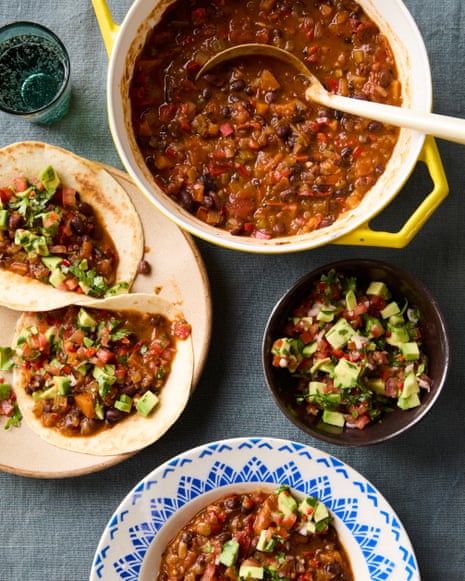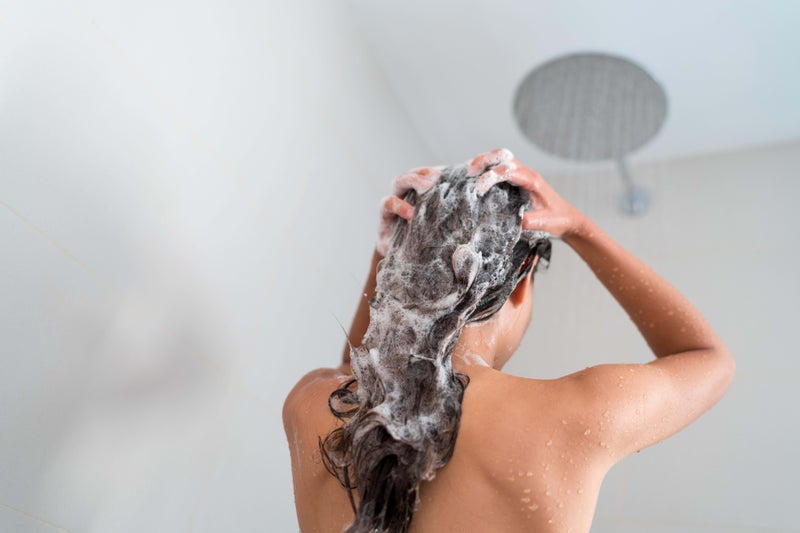As a 53-year-old mother of two, I've added up exactly how much I've spent on drinking in my lifetime - and you REALLY won't believe the six-figure total...
As a 53-year-old mother of two, I've added up exactly how much I've spent on drinking in my lifetime - and you REALLY won't believe the six-figure total...
Share:
We staggered back into the French B&B after a particularly boozy session of champagne tasting with some very friendly winemakers in Les Ricey-Bas in Aube. Our teens, whom we'd left watching a video, looked up. 'How much did you spend then?' they asked as we loaded crate after crate into the boot of the car. 'Oh, around £900 all told,' I said. My son looked furious. 'You could have bought me a PlayStation 5 for that!' he groaned at me.
![[Pre-Brexit we would load the car up with bottles of red and white from the Burgundy region, and stop off in Champagne on the way home to buy some bubbly, writes Lebby Eyres]](https://i.dailymail.co.uk/1s/2025/02/02/17/94777759-14352389-image-a-58_1738518856334.jpg)
To be fair, he had a point. We've always refused to buy our children, Ines, 18, and Vincent, 15, computer games, although they did eventually get a hand-me-down Xbox from pitying friends. But my husband Fred and I have placed no such restrictions on ourselves when it comes to buying champagne, wine and other alcohol, and we have spent thousands of pounds over the years making sure our two floor-to-ceiling wine racks in the kitchen and the 'cellar' under the stairs are all fully stocked.
In fact, it makes me wince when I tot up how much that figure might be. The average amount spent on booze over a lifetime is £62,899, according to the charity Alcohol Change UK. But I believe I've spent much closer to £150,000 – definitely over £120,000 – already. Over the 40 years I've been drinking alcohol, that works out at £70 per week. Not that much . . . Is it?. Libby Eyres' husband has added trips to wine fairs on to annual holiday itinerary and is the proud owner of a 'wine suitcase' on wheels for bringing bottles home.
Of course, some weeks it's much less, and others – like holidays or Christmas – it's much more. The way I work it out is this: I started drinking at 14 and now I am nearly 54. Of course, I wasn't spending as much as £70 a week when I was a teenager – it was quantity over quality back then – but I have to balance that out against higher expenditure on finer wines as I've got older. As a teen, my diary relates that I could easily drink five pints – at £1 a pint in the 1980s! – in one sitting. Today, I don't drink as many, but the cost of getting a round in for a small group of people can easily be £50. In a London restaurant these days, you can barely get a decent bottle of wine for less than £40 or £50, and I tend to eat out at least twice a week.
I've always had a policy of enjoying the finer things in life. Some of this predilection is rooted in my past. My late uncle Philip was a wine merchant and Sunday lunches growing up were always blessed with a bottle of red wine, often a Bordeaux. Even though I wasn't allowed to drink more than a sip, I noticed how much he and my father, Ronnie, revered their bottles of fine wine and appreciated the ritual surrounding the drinking of them: the noting down of the vineyard and the vintage, and the use of the special lead crystal glasses which came out only on such occasions.
My parents were wine snobs, too. Rarely did they come back from a dinner party in the 1970s without something to say about the wine. I distinctly remember raised eyebrows at my aunt's habit of having a wine box on the go, and remember them laughing at the scene in Mike Leigh's 1970s TV drama Abigail's Party where Beverly wants to put the red wine in the fridge. Having said that, the first alcohol I was introduced to was cider. Dad seemed oblivious to the fact that sweet Woodpecker cider had any alcohol content at all, and it was a regular on the lunch table during weekends at our holiday home in Hampshire. They sold it in the musty little shop at the top of the road, and the shopkeeper seemed to have no problem handing over a bottle to a ten-year-old.
Growing up in this environment, it's unsurprising that I started to drink in my early teens. Going to the pub was ingrained into weekend life from age 15 onwards. My friends and I were tall and had no problem passing for 18 – and we'd usually attempt to smuggle my smaller friends in, too, all in a rush of long coats and Levi jeans. To be honest, landlords in north London in the 1980s weren't too fussy about checking our ages.
Naturally, as my spending power increased, so did the amount I was spending on booze. In my early 20s, reading Classics at Oxford University and flush with the money I'd earned during my gap year, I would regularly spend long evenings in the city's cocktail bars – Baedeker's or Raoul's. And if I spent more than my allowance, a swift call to the Bank of Mum and Dad would usually tide me over to the end of term.
Admittedly, I was also training hard, rowing first for my college and then for the university, but having youth on my side was a definite advantage. I don't think any of us student athletes ever gave up drinking, managing to combine early mornings on the river with late nights in the bar, and perhaps catching up on sleep in a lecture or dozing in the library. Once we'd graduated, I moved to Putney in south-west London with friends, where there was an Oddbins a few doors down, and we thought nothing of 'pre-drinking' a bottle of white each before heading out to pubs in Fulham. Somehow, I managed to get up at five or six every weekend morning for training sessions – and I even won a gold medal rowing for England in 1995.






















